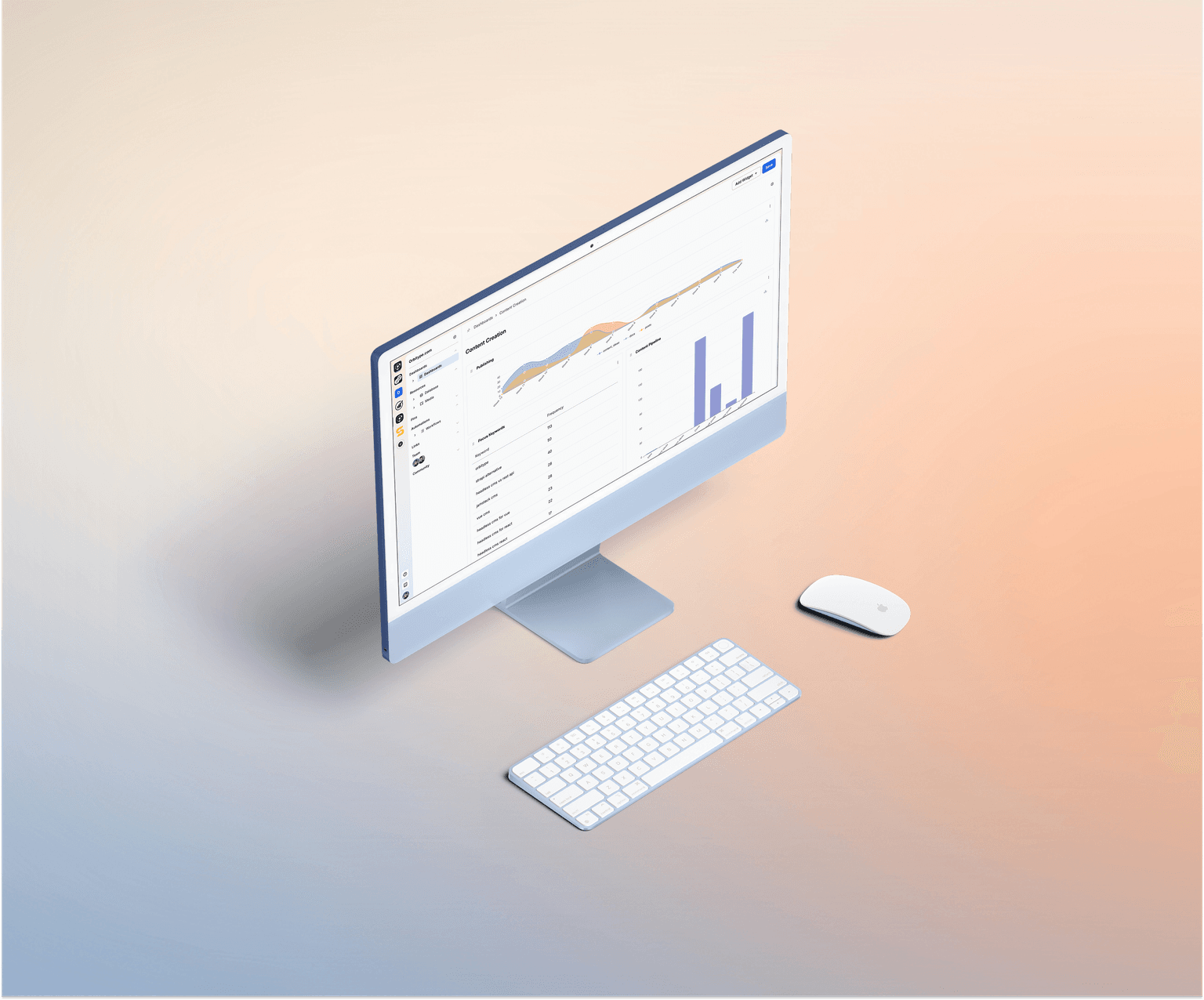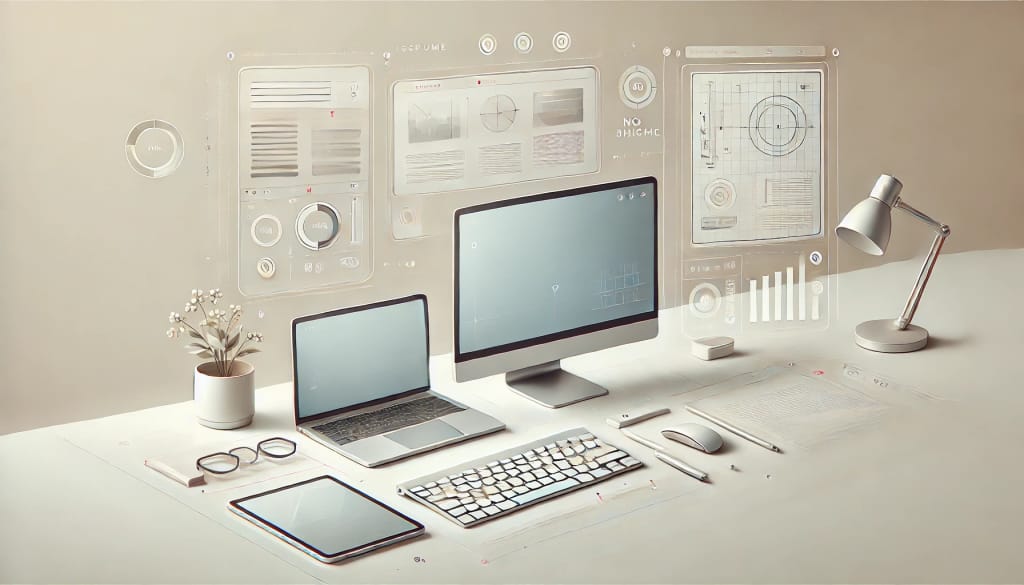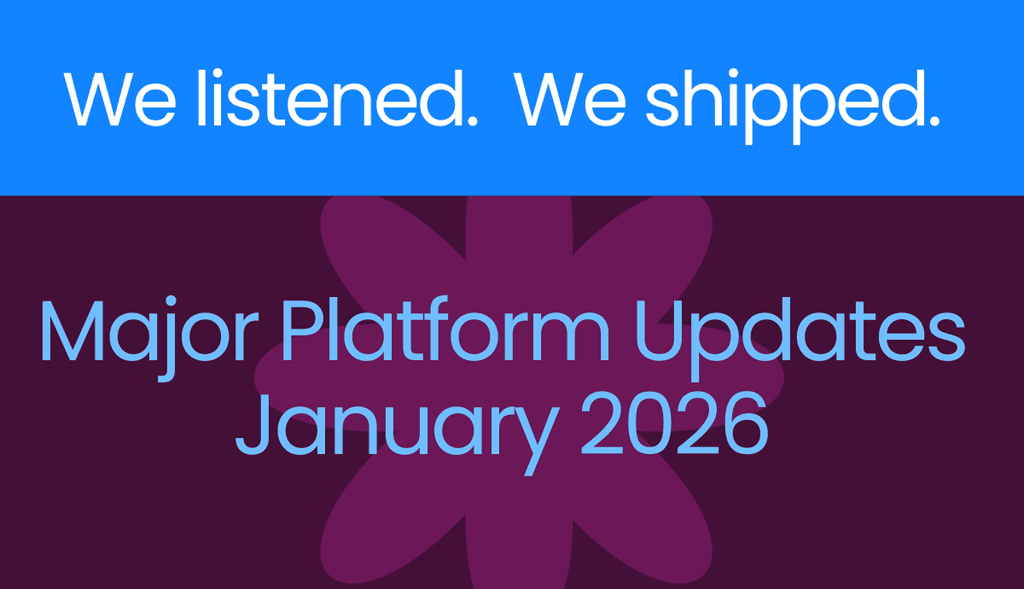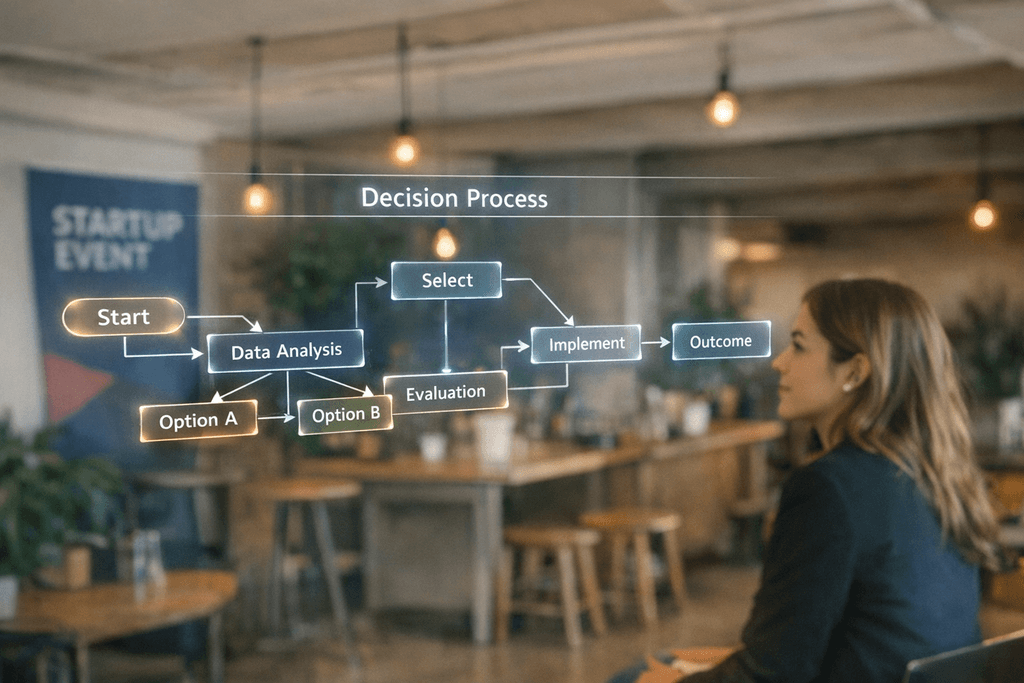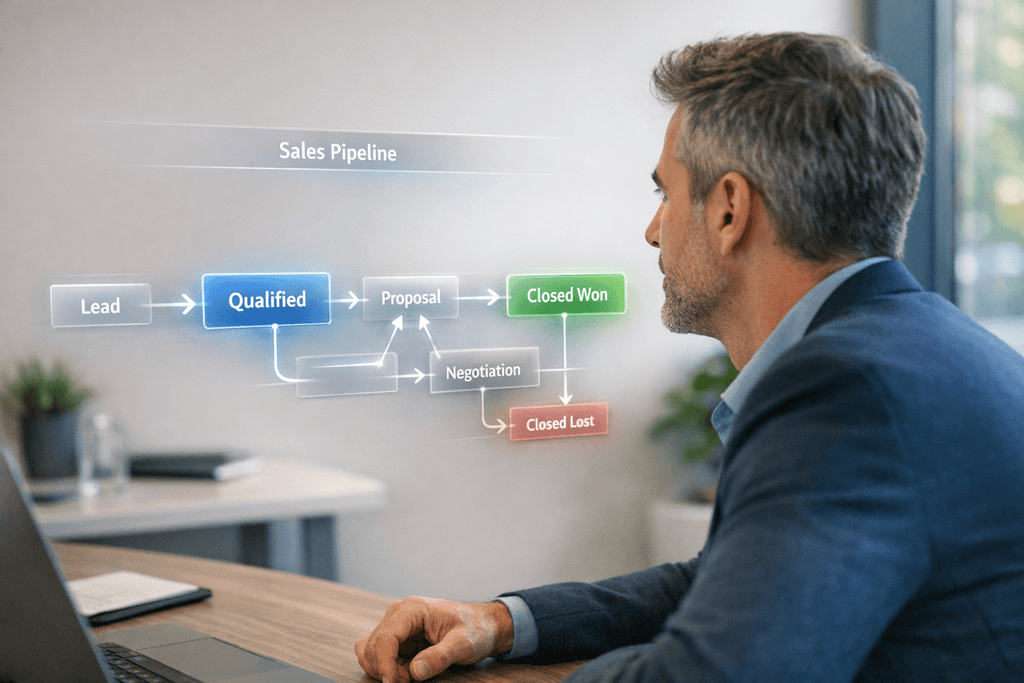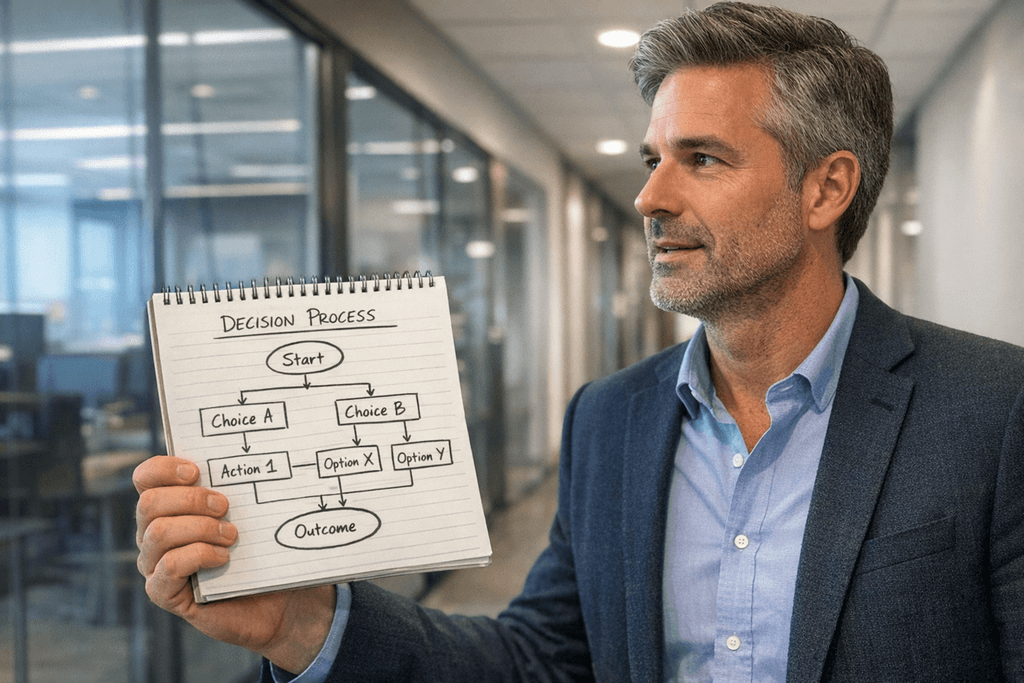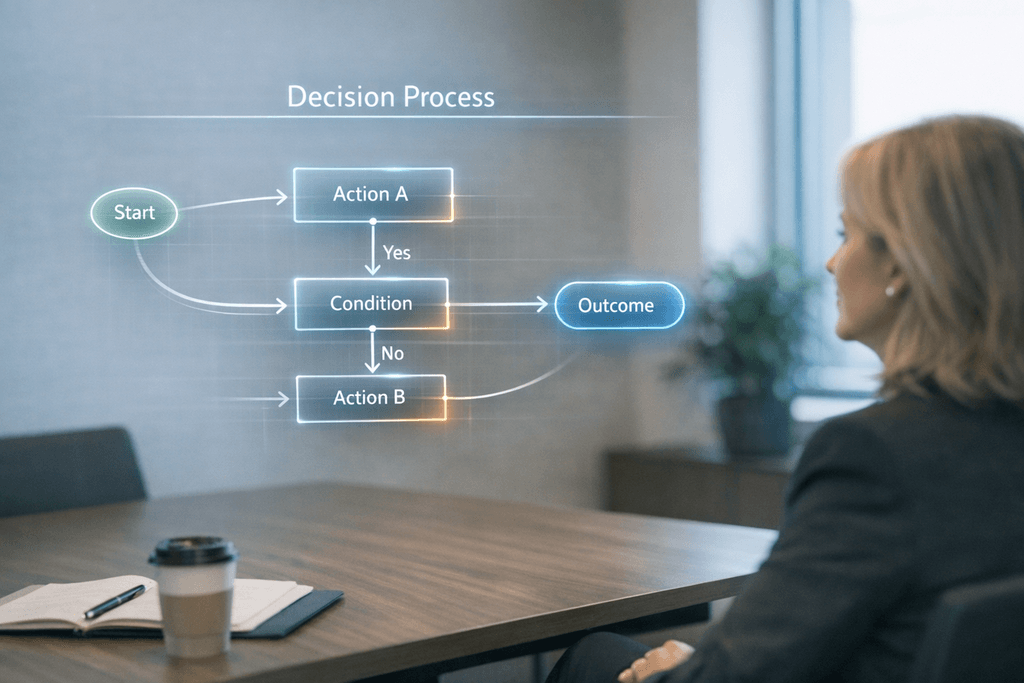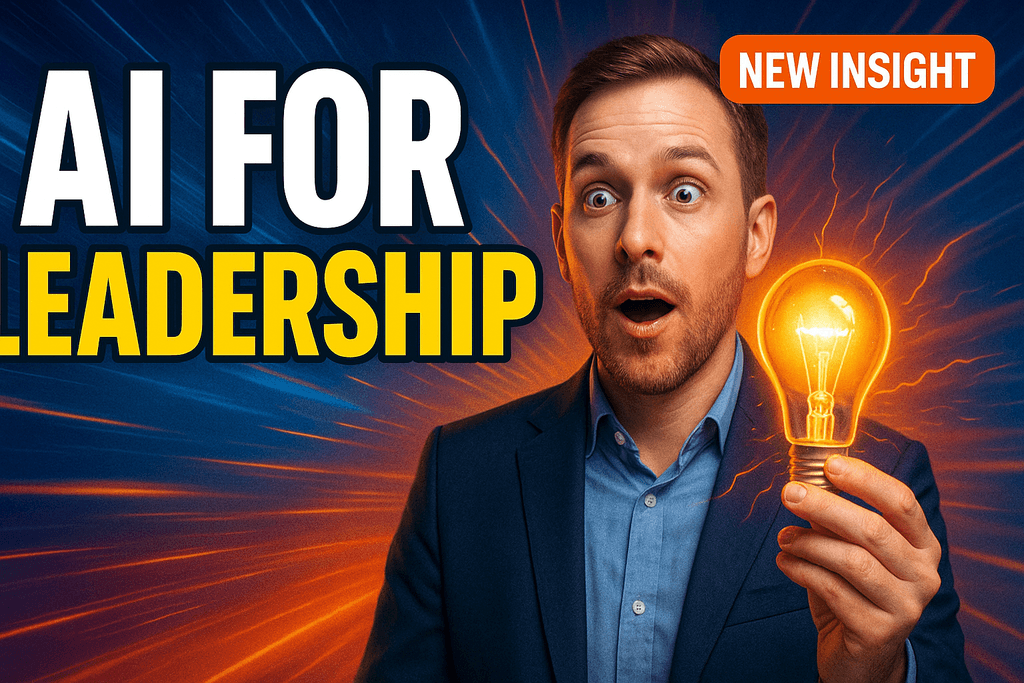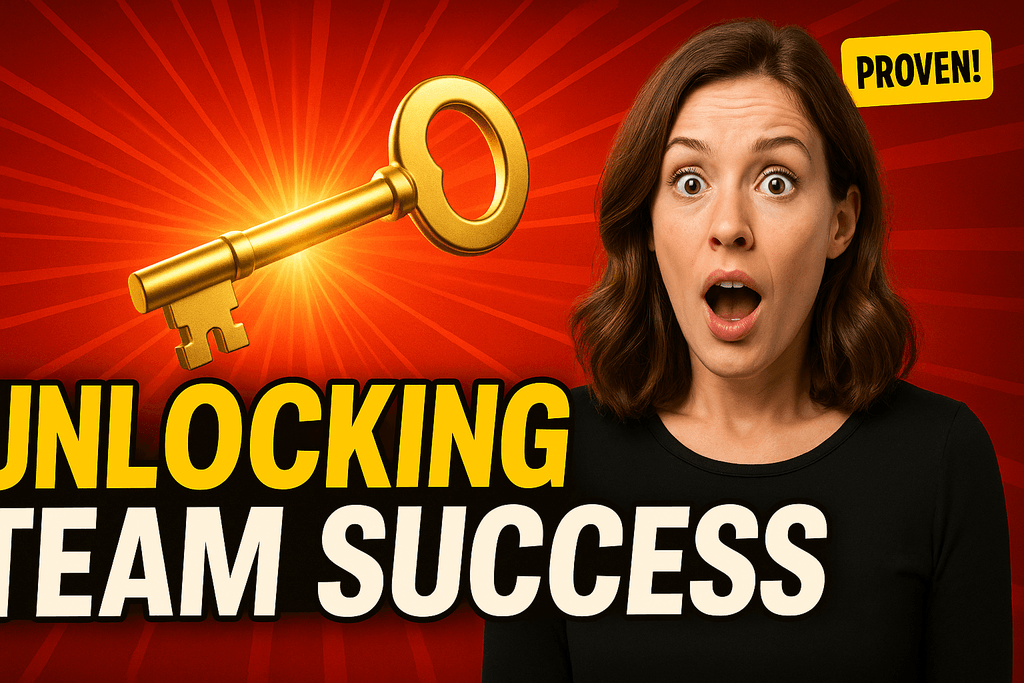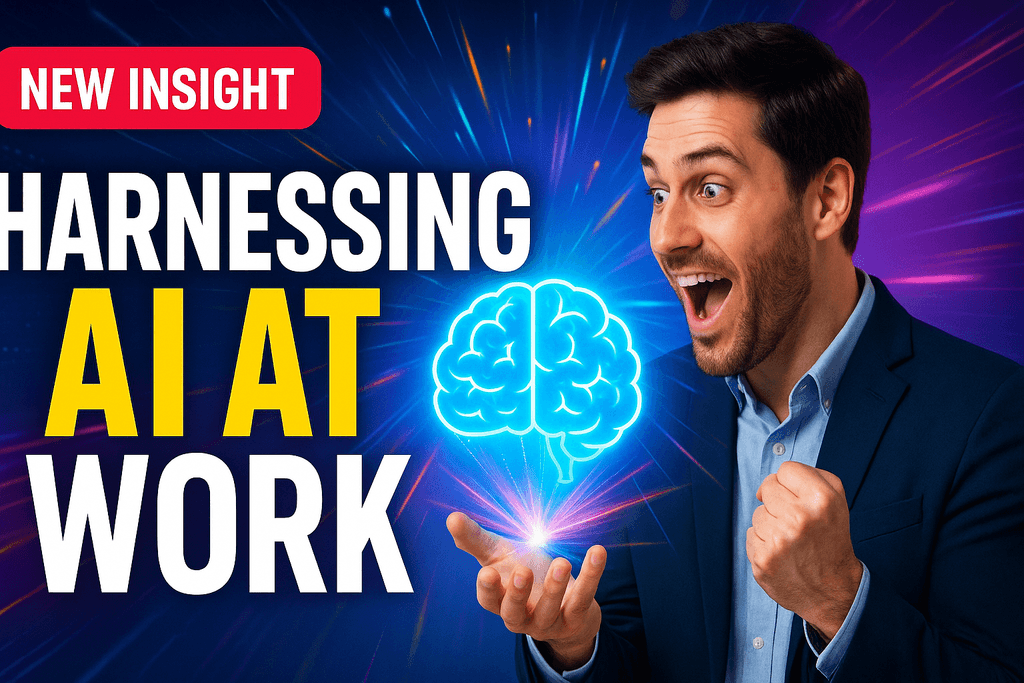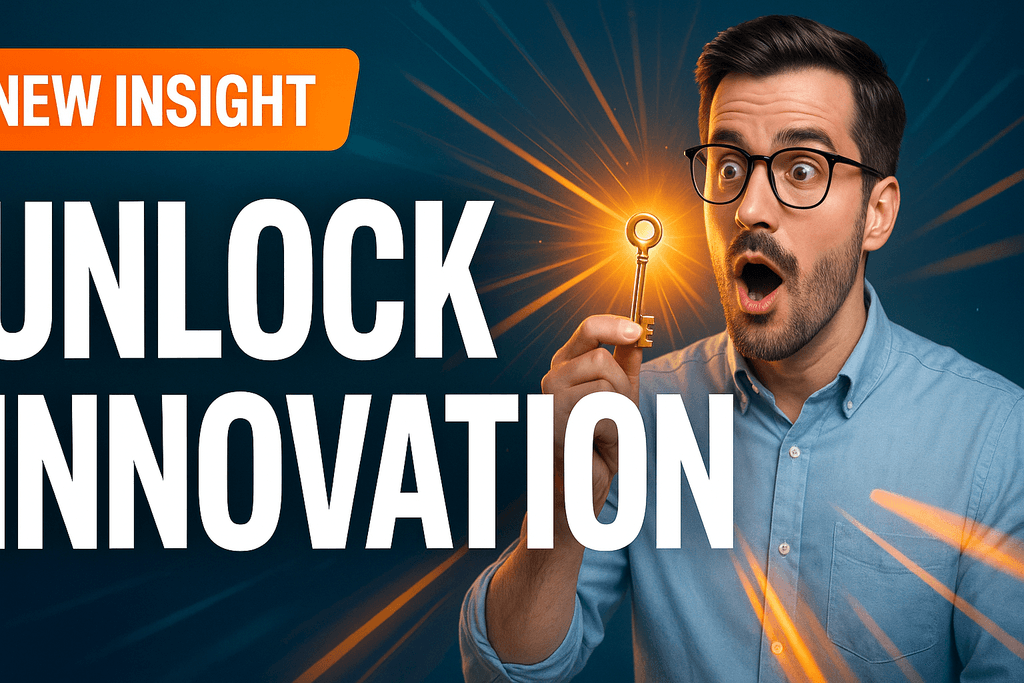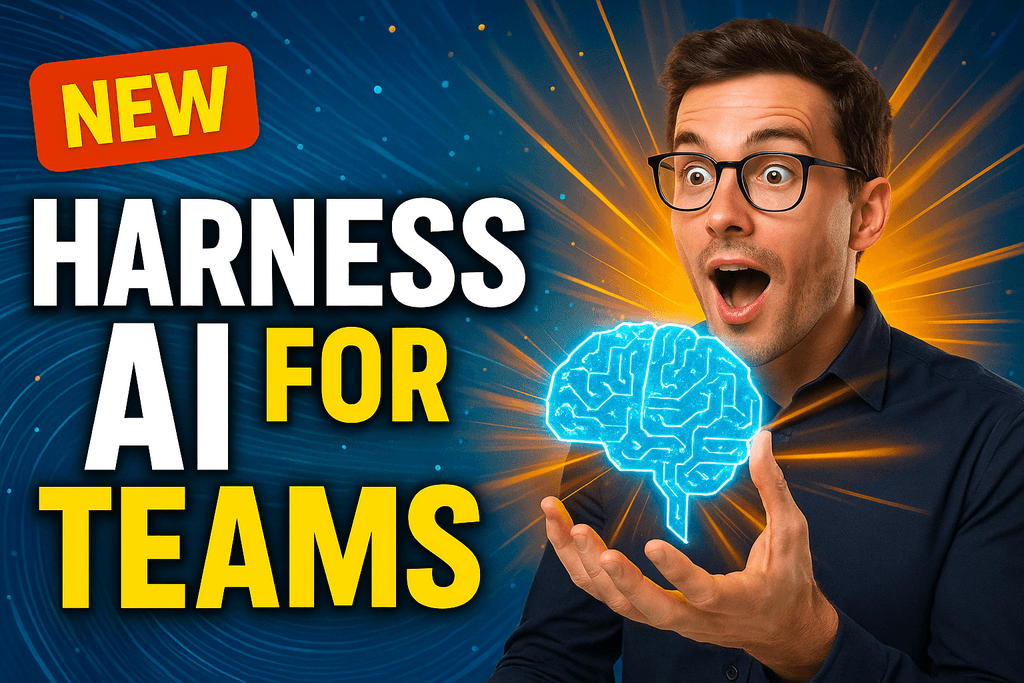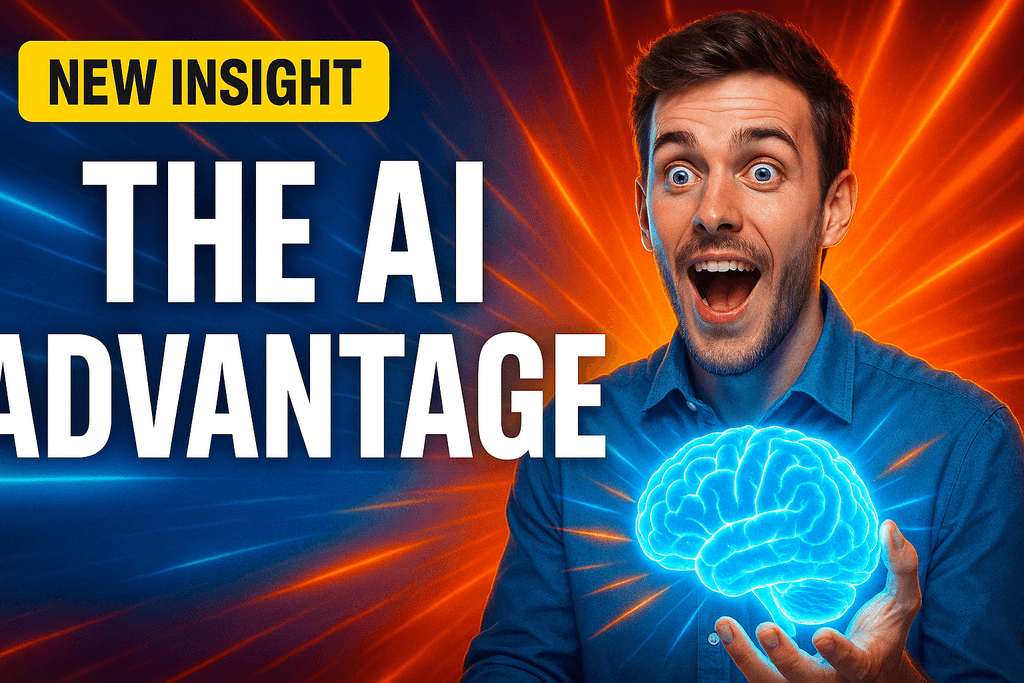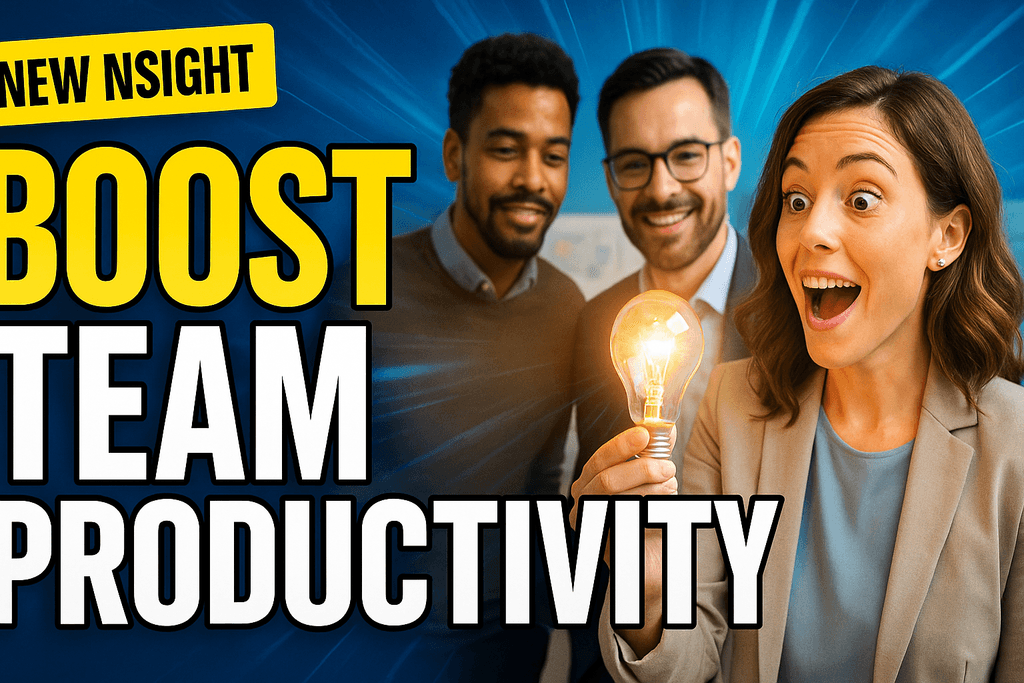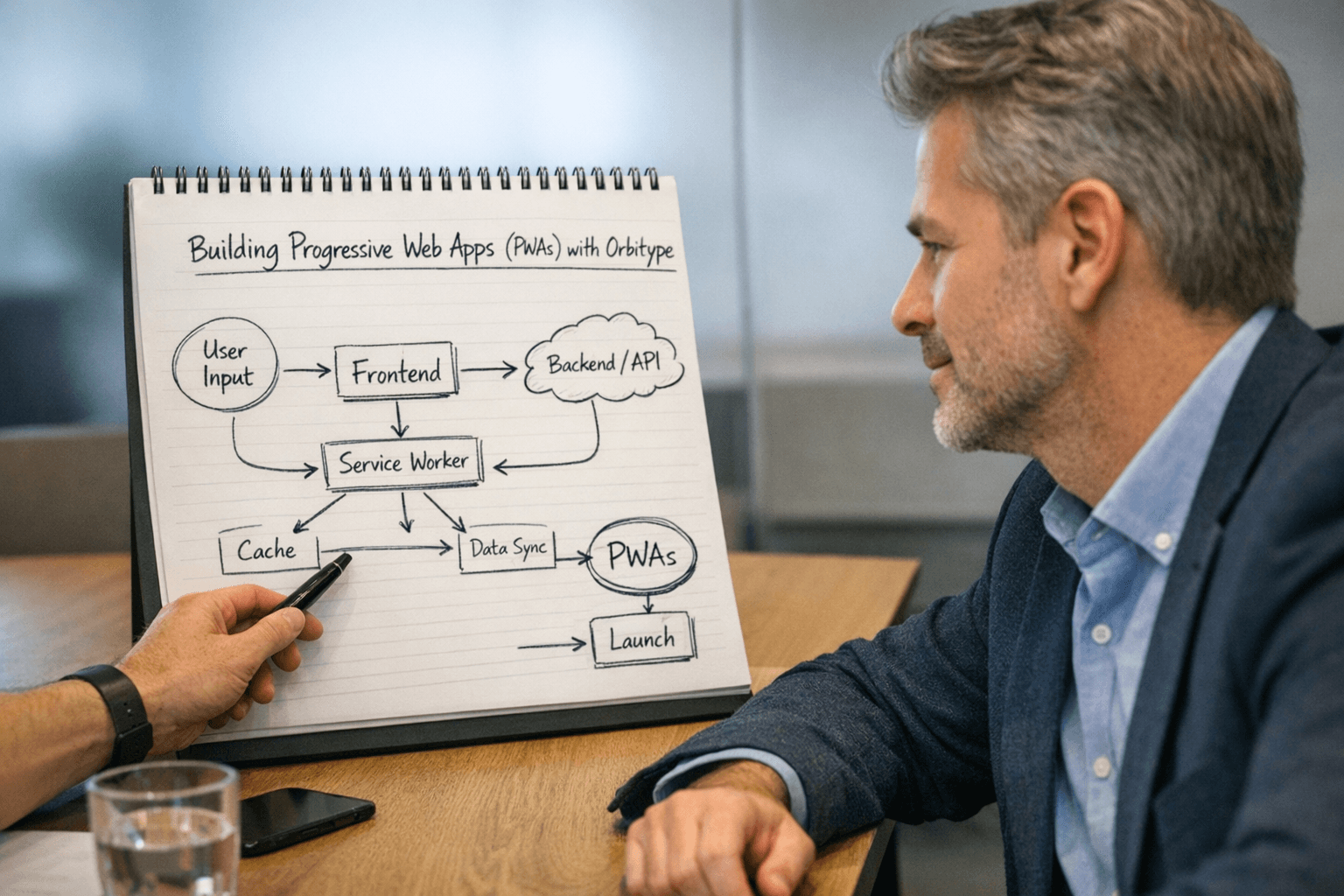
Table of Contents
Understanding Progressive Web Apps (PWAs)
Progressive Web Apps are web applications that use modern web capabilities to deliver an app-like experience to users. Unlike traditional web apps, PWAs are designed to be reliable, fast, and engaging. Key features of PWAs include:
- Responsiveness: PWAs are fully responsive and work on any device, whether it's a desktop, tablet, or smartphone.
- Connectivity Independence: PWAs can function offline or on low-quality networks, ensuring consistent performance.
- App-like Interactions: PWAs offer app-like navigation and interactions, providing a seamless user experience.
- Fresh Content: PWAs are always up-to-date, thanks to the service worker update process.
- Safety: PWAs are served via HTTPS to prevent snooping and ensure content integrity.
With the integration of AI agents and intelligent automation, modern PWAs can now adapt dynamically to user behavior, automatically optimize performance, and provide personalized experiences at scale.
Benefits of PWAs Enhanced by AI Agents
The adoption of PWAs offers numerous benefits, which are significantly amplified when combined with AI agents and intelligent automation:
- Improved Performance: Faster load times and smoother interactions enhance the overall user experience, while AI agents continuously optimize caching strategies and resource allocation.
- Enhanced User Engagement: With features like push notifications and home screen installation, PWAs can significantly increase user engagement. AI agents can personalize these interactions based on user behavior patterns.
- Increased Reach: PWAs work on all devices and platforms, ensuring a broader audience reach with intelligent content adaptation.
- Intelligent Automation: AI agents can automate content updates, user onboarding flows, and performance monitoring, reducing manual overhead while improving user satisfaction.
- Predictive Analytics: Advanced AI agents analyze user interactions to predict needs, optimize workflows, and proactively address potential issues before they impact the user experience.
Introduction to Orbitype's Agentic Cloud OS
What is Orbitype?
Orbitype is a powerful headless CMS that provides a flexible and scalable solution for managing content across various platforms. Unlike traditional CMSs, Orbitype separates the content management backend from the presentation layer, allowing developers to deliver content through APIs to any device or application.
However, Orbitype goes far beyond a traditional headless CMS. It functions as an Agentic Cloud OS—a comprehensive online platform where diverse use cases can be built and orchestrated. At its core, Orbitype combines PostgreSQL databases with cloud storage (S3), enhanced by compute resources, workflow automations, and integrations with third-party APIs and webhooks through serverless functions.
Why Choose Orbitype for PWAs?
Orbitype is an excellent choice for managing content in PWAs due to its flexibility, performance optimization capabilities, and scalability. Key advantages include:
- Flexibility: Orbitype allows you to manage content independently of the front-end, making it easier to deliver consistent content across different platforms.
- Performance Optimization: Orbitype's API-driven approach ensures fast and efficient content delivery, enhancing the performance of your PWA.
- AI Workforce Integration: AI agents have access to all data and processes, enabling intelligent automations and analyses that transform how PWAs operate and scale.
- Scalability: As your application grows, Orbitype can scale effortlessly to handle increased content and traffic demands without vendor lock-in.
Enhancing Performance with AI-Powered Optimization
Optimizing Content Delivery with AI Agents
Performance is critical for PWAs, and Orbitype provides several ways to optimize content delivery through intelligent automation:
- Efficient API Usage: Orbitype's API allows you to fetch only the necessary content, reducing data transfer and improving load times. AI agents continuously analyze usage patterns to optimize API calls.
- Intelligent Caching Strategies: AI agents implement dynamic caching strategies to store frequently accessed data locally, reducing server requests and speeding up content delivery based on real-time user behavior analysis.
- Automated Performance Monitoring: AI agents continuously monitor PWA performance metrics, automatically adjusting configurations and alerting developers to potential bottlenecks before they impact users.
AI-Driven Resource Management
Orbitype's AI workforce can intelligently manage resources and optimize database queries, ensuring your PWA maintains peak performance even under high load conditions. These agents learn from usage patterns and automatically scale resources up or down based on demand predictions.
Intelligent Asset Management and Optimization
Managing images and other assets efficiently is crucial for maintaining high performance in PWAs. Orbitype's AI agents revolutionize asset management through intelligent automation:
- Automated Image Optimization: AI agents automatically optimize images for different devices and screen sizes, applying compression algorithms and format conversions based on user device capabilities and network conditions.
- Smart Asset Management: AI agents organize and manage media files within Orbitype, automatically tagging, categorizing, and ensuring quick access. They can predict which assets will be needed and preload them strategically.
- Dynamic Content Delivery: AI agents analyze user behavior to deliver the most relevant assets first, improving perceived performance and user engagement.
For comprehensive insights on optimizing storage solutions that complement these AI capabilities, explore our detailed guide on choosing the best S3 provider for your CMS to enhance performance and scalability.
Implementing Offline Capabilities with AI Orchestration
Service Workers and Intelligent Caching
Offline capabilities are a hallmark of PWAs. Here's how you can implement them using Orbitype with AI agent orchestration:
- Service Workers: Service workers are scripts that run in the background and handle caching for offline use. AI agents can automatically configure and optimize service worker strategies based on user behavior patterns and content usage analytics.
- Adaptive Caching Strategies: AI agents dynamically choose between various caching strategies (cache-first, network-first, stale-while-revalidate) based on content type, user location, and network conditions to ensure your PWA remains functional even when offline.
- Predictive Content Caching: AI agents analyze user navigation patterns to predict which content users are likely to access next, proactively caching relevant resources to improve offline experience.
Intelligent Offline Workflow Management
Orbitype's AI agents can manage complex offline workflows, automatically queuing user actions when offline and synchronizing them intelligently when connectivity is restored, ensuring data integrity and optimal user experience.
AI-Powered Data Synchronization and Workflow Automation
Ensuring data consistency when transitioning between offline and online states is crucial for PWA success. Orbitype's AI agents provide sophisticated synchronization capabilities:
- Intelligent Content Syncing: AI agents implement advanced strategies to sync content updates from Orbitype when users return online, prioritizing critical updates and resolving conflicts automatically.
- Automated Workflow Orchestration: AI agents can orchestrate complex workflows that span multiple systems and APIs, automatically handling failures, retries, and escalations without human intervention.
- Real-time Data Synchronization: AI agents handle data synchronization intelligently, updating local caches and maintaining data integrity while optimizing for network efficiency and user experience.
To understand how Orbitype's workflow automation capabilities extend beyond PWAs, discover more about automating content workflows with Orbitype's custom solutions for comprehensive business process optimization.
Improving User Experience with Intelligent Personalization
AI-Driven Customizable Content Delivery
Delivering personalized content can significantly enhance user experience, and Orbitype's AI agents excel at this:
- Intelligent Personalization: AI agents analyze user preferences, behavior patterns, and contextual data to deliver highly personalized content that adapts in real-time to user needs and interests.
- Dynamic Content Updates: AI agents implement dynamic content updates to keep your PWA fresh and engaging, automatically adjusting content based on trending topics, user engagement metrics, and business objectives.
- Automated A/B Testing: AI agents can automatically run A/B tests on different content variations, learning which approaches work best for different user segments and optimizing accordingly.
Smart Push Notifications and Engagement
Push notifications are a powerful tool for re-engaging users, and AI agents make them more effective:
- Intelligent Notification Timing: AI agents analyze user behavior to determine optimal timing for push notifications, maximizing engagement while avoiding notification fatigue.
- Personalized Messaging: AI agents craft personalized notification content based on user preferences, past interactions, and current context, significantly improving click-through rates.
- Automated Campaign Optimization: AI agents continuously optimize notification campaigns, adjusting frequency, content, and targeting based on performance metrics and user feedback.
Real-World Orbitype PWA Implementation Examples
E-Commerce PWA with AI-Powered Recommendations
An e-commerce platform built on Orbitype can leverage AI agents to create personalized shopping experiences. AI agents analyze purchase history, browsing patterns, and seasonal trends to automatically update product recommendations, optimize inventory displays, and manage dynamic pricing strategies. The PWA remains fully functional offline, with AI agents intelligently caching product catalogs and user preferences.
Content Publishing Platform with Automated Workflows
A media company using Orbitype's Agentic Cloud OS can automate their entire content lifecycle. AI agents can research trending topics, generate content drafts, optimize for SEO, schedule publications across multiple channels, and analyze performance metrics. The PWA provides editors with real-time collaboration tools while AI agents handle routine tasks like image optimization and social media distribution.
Customer Support PWA with Intelligent Assistance
A customer service platform powered by Orbitype can deploy AI agents that automatically categorize support tickets, provide instant responses to common queries, and escalate complex issues to human agents. The PWA works seamlessly across devices, with AI agents maintaining conversation context and providing agents with relevant knowledge base articles and customer history.
For deeper insights into how AI agents are revolutionizing various business processes, explore our comprehensive guide on AI agent use cases for maximizing enterprise efficiency.
Conclusion: The Future of PWA Development with AI
Progressive Web Apps represent the future of web development, offering a blend of speed, reliability, and user engagement that traditional web applications cannot match. By leveraging Orbitype's Agentic Cloud OS as your content management and automation solution, you can build powerful PWAs that provide an exceptional user experience while dramatically reducing operational overhead.
The integration of AI agents transforms PWAs from static applications into intelligent, adaptive systems that continuously learn and optimize. From automated performance optimization and intelligent caching to personalized content delivery and predictive analytics, AI agents enable PWAs to operate at a level of sophistication previously impossible.
Orbitype's comprehensive platform combines the flexibility of a headless CMS with the power of an intelligent cloud operating system. Whether you're building a simple content site or a complex enterprise application, the combination of PostgreSQL databases, cloud storage, serverless functions, and AI agents provides the foundation for scalable, future-proof digital solutions.
The competitive advantage belongs to organizations that embrace this AI-powered approach to PWA development today. Start using Orbitype's Agentic Cloud OS and take your PWA to the next level with intelligent automation, seamless scaling, and unparalleled user experiences.
